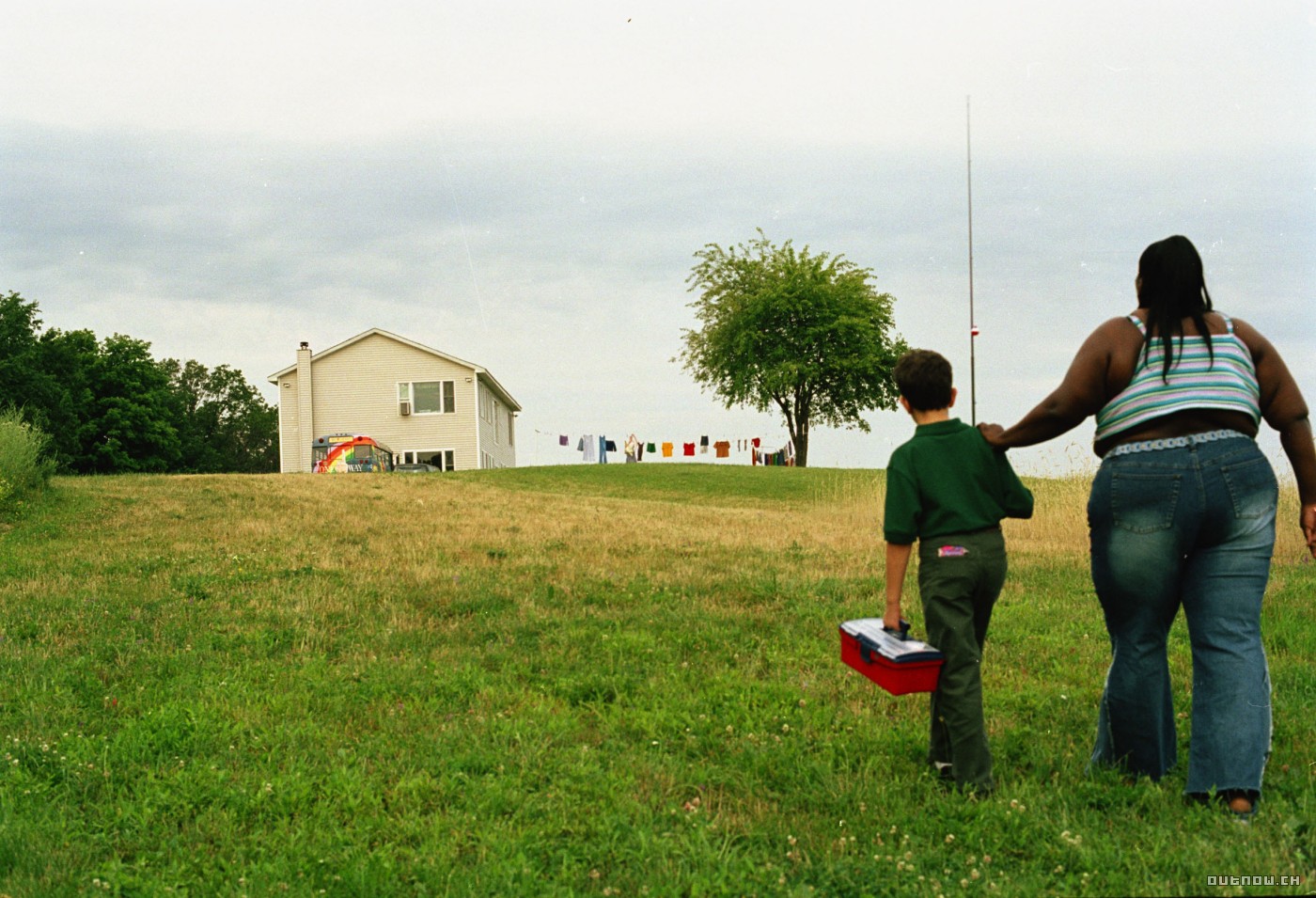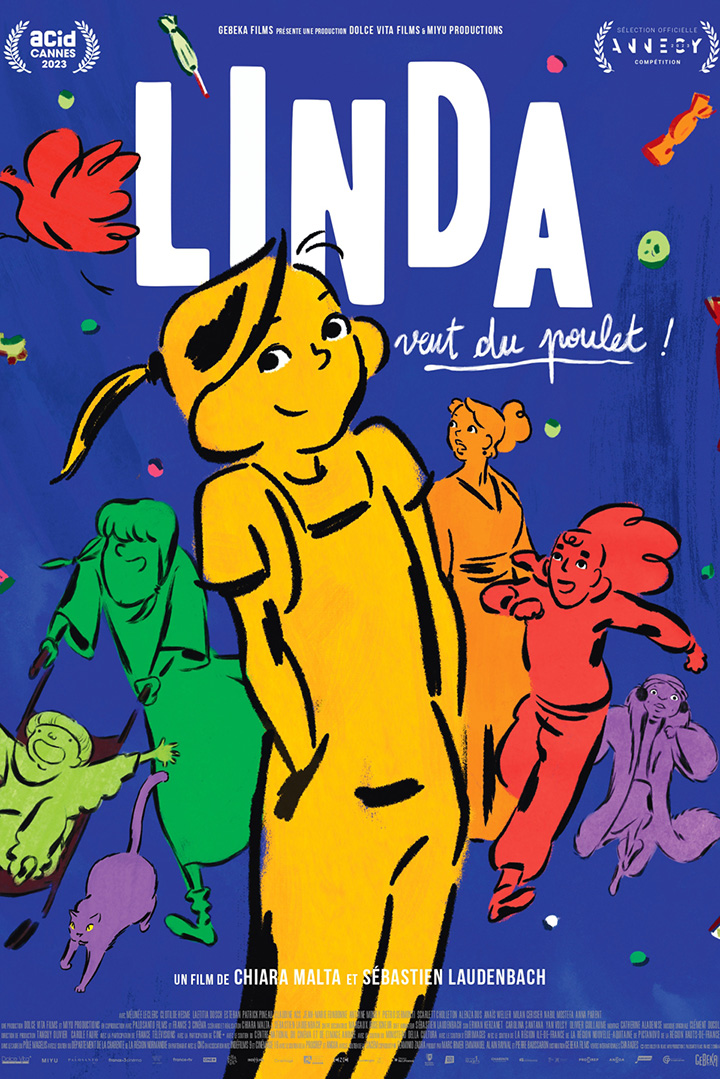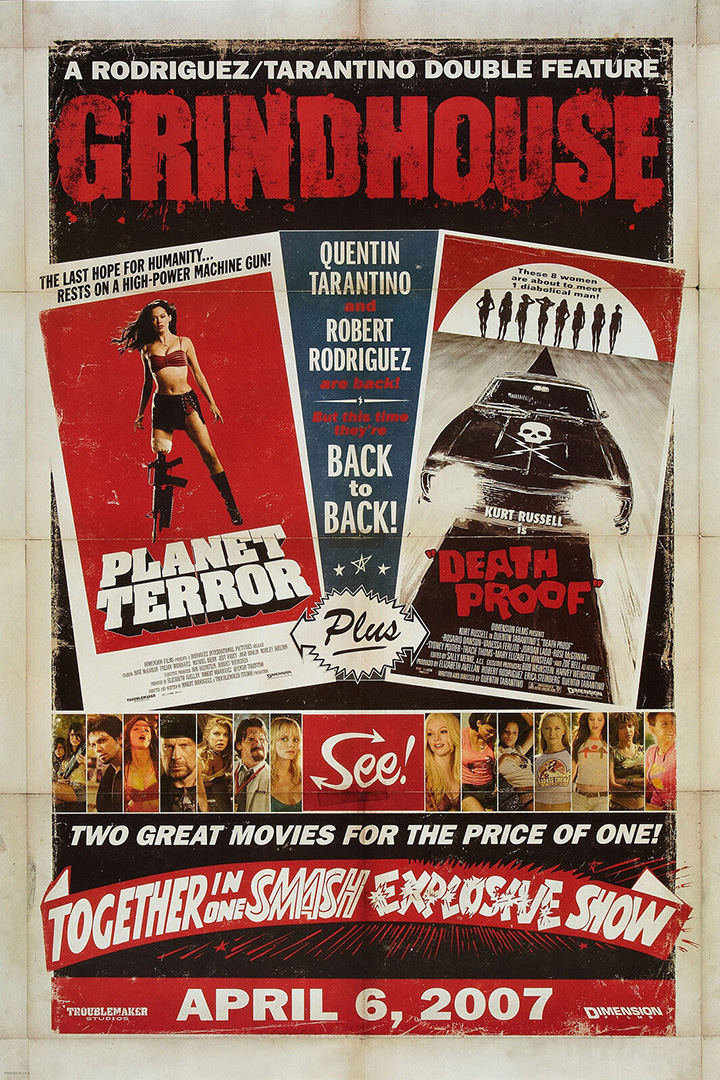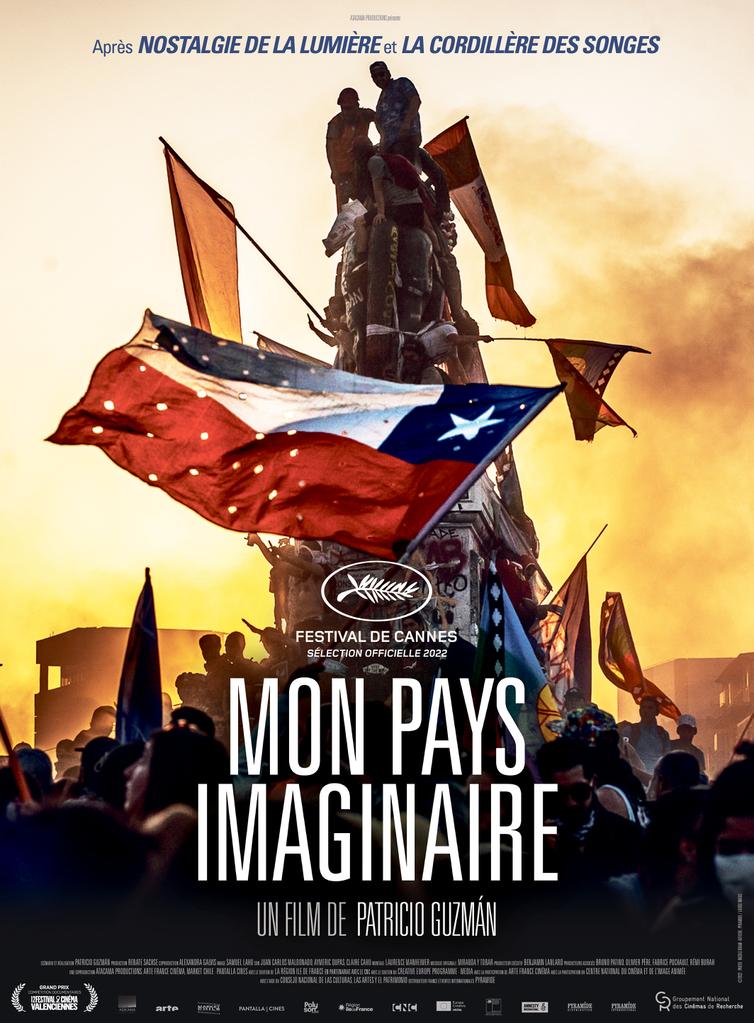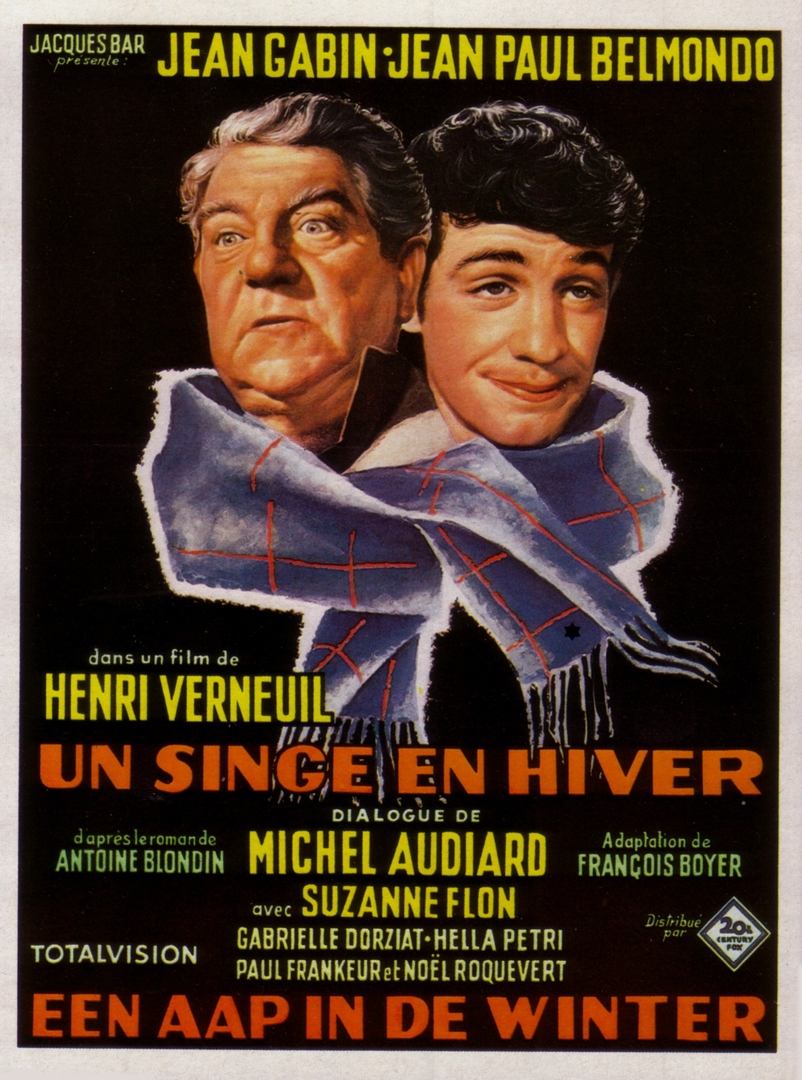Palindromes
If certain decades of American cinema are immediately identifiable, this is not quite the case for the 1990s and early 2000s, which form a sort of continuum of films straddling two centuries. It is as if the idea of a new era was an occasion for the American cinema to search for and reinvent itself, between the blockbuster era of the 1990s and the digital revolution that began in the 2000s. While some big names prove that they have not said their last word (David Lynch, Martin Scorsese, Terrence Malick), young filmmakers begin their career (Quentin Tarantino, Michel Gondry, Gus Van Sant), confirm their talent (Todd Haynes, Gregg Araki, Steven Soderbergh) or make the highlight of their filmography before disappearing (Tony Kaye, Lodge Kerrigan). Still, there is an undeniable pleasure in revisiting some of the major works of this moment, oscillating between new imaginations, a taste for quotes and the reappropriation of some cinematic styles.
Aviva is only 13 years old but wants to have a child. She becomes pregnant after meeting Judah. Seven actresses and one actor take turns playing Aviva to show us the impact of this pregnancy on her life.
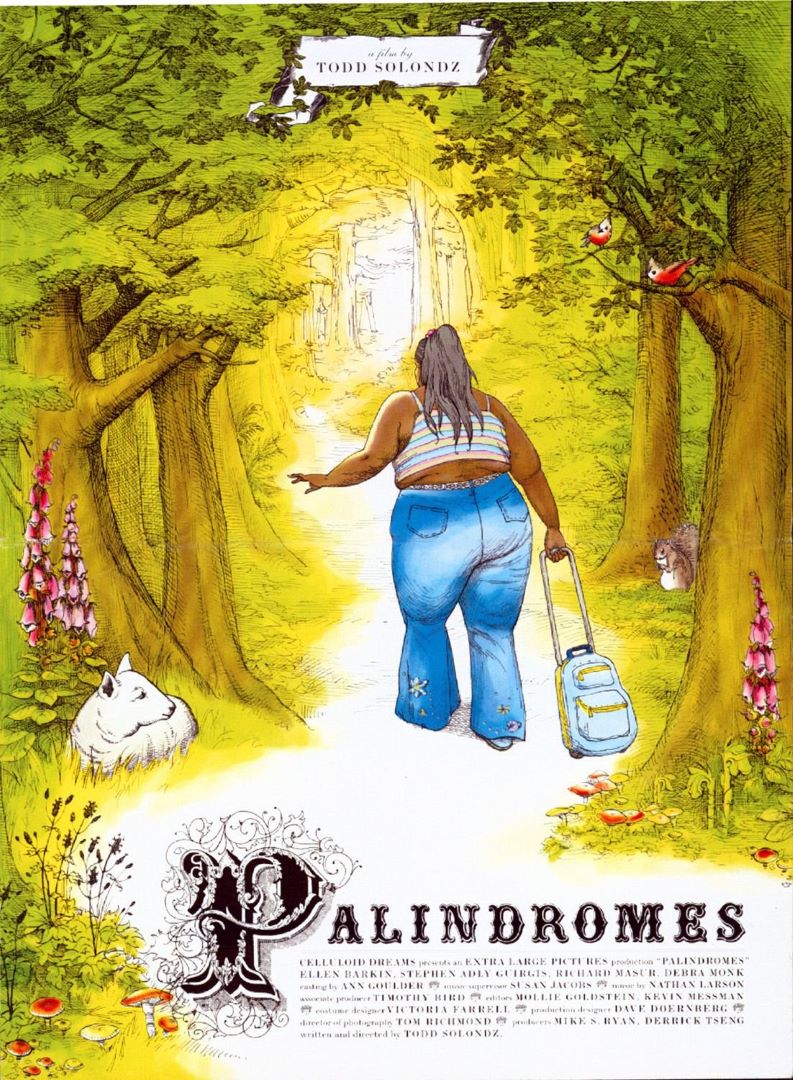
Todd Solondz
Born in Newark, New Jersey, in 1959, Todd Solondz quickly developed a style of gritty social satire. His second feature, Welcome to the Dollhouse, won the Grand Prize at the Sundance Film Festival. His next film, Happiness, was selected for Cannes' Quinzaine des cinéastes and won the FIPRESCI prize. Solondz's approach to the subject of paedophilia in Happiness (1998) caused a major controversy, with the film's original distributor going so far as to renounce its rights. In 2009, the director signed a sequel to Happiness entitled Life During Wartime. Presented in competition at Venice, the film won the prize for best screenplay.
Meanwhile, Solondz directed Storytelling (2001), selected in the Un certain regard section at Cannes, as well as Palindromes (2004), presented in official competition at Venice. Dark Horse (2011) was also launched at the Venice Film Festival, while Wiener-Dog (2016), inspired by Robert Bresson's Au hasard Balthazar, had its first public screening at Sundance. For example, characters from Welcome to the Dollhouse can be found in both Life During Wartime and Wiener-Dog. The suburbs of New Jersey are at the heart of all his films, which tackle disturbing themes: pedophilia, incest, suicide, rape...

